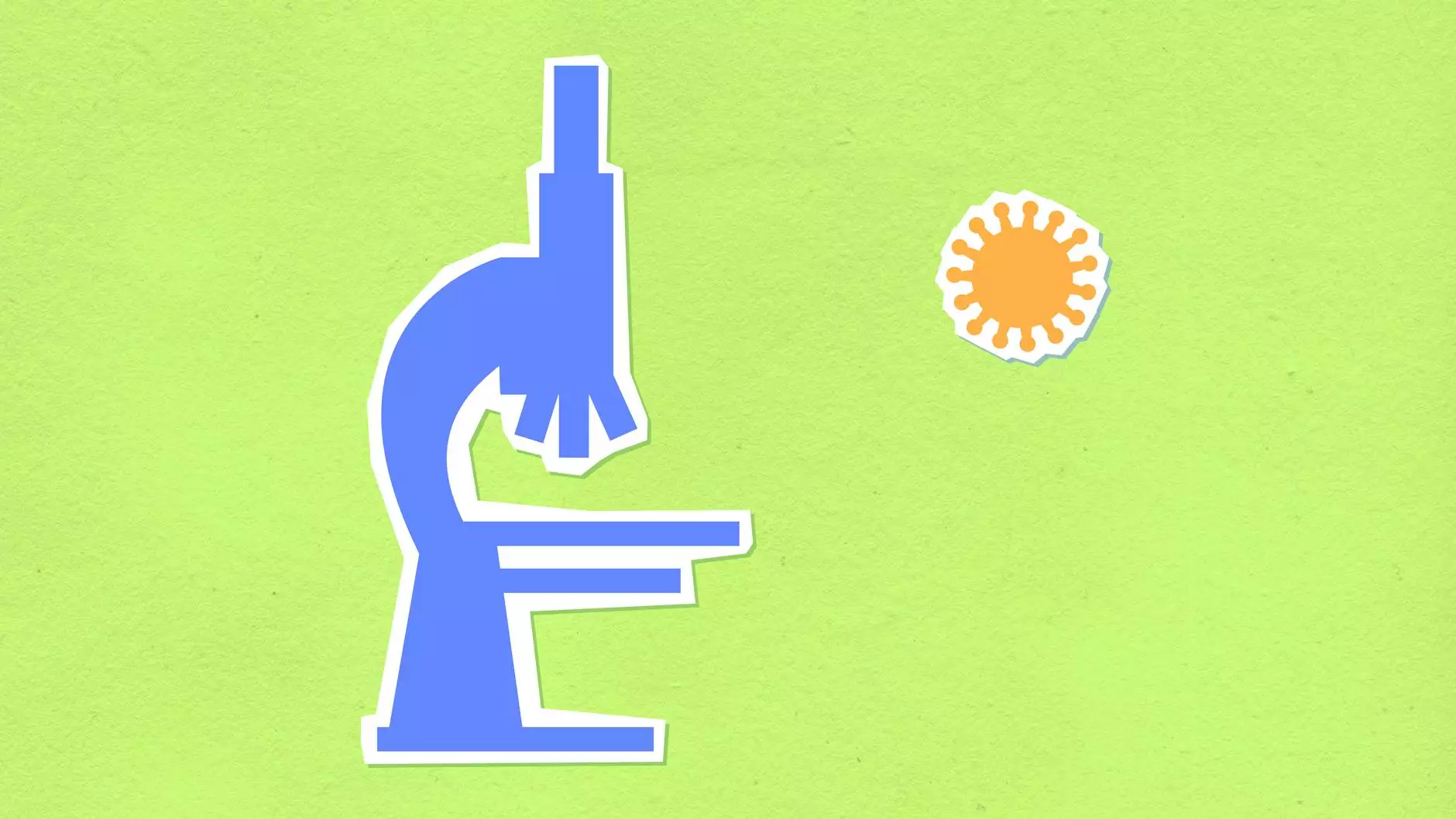The History of Infectious Diseases

As we delve into the history of infectious diseases, we are faced with a timeline rich with discoveries, challenges, and resilience. From ancient times to the modern day, the battle against infectious diseases has shaped societies, healthcare systems, and economies.
Ancient Times: The Beginnings of Understanding
Humans have long grappled with the mysteries of illnesses that spread from person to person. In ancient civilizations, such as Egypt and Mesopotamia, infectious diseases were often attributed to supernatural causes. It wasn't until the work of pioneers like Hippocrates and Galen that a more rational approach to disease transmission began to emerge.
The Middle Ages: Plagues and Pandemics
One of the most infamous periods in the history of infectious diseases is the Middle Ages, marked by devastating outbreaks such as the Black Death. The bubonic plague, caused by the bacterium Yersinia pestis, swept through Europe, claiming millions of lives and reshaping the social and economic landscape.
The Age of Enlightenment: Scientific Progress
With the dawn of the Age of Enlightenment, scientific advancements shed light on the nature of infectious diseases. Pioneers like Louis Pasteur and Robert Koch made groundbreaking discoveries that laid the foundation for modern microbiology and immunology.
- Discoveries such as the germ theory of disease revolutionized our understanding of how infectious diseases spread.
- Vaccination became a powerful tool in the fight against deadly pathogens, preventing diseases like smallpox and polio.
- Public health measures, including sanitation and quarantine, played a crucial role in controlling outbreaks and protecting populations.
The Modern Era: Challenges and Innovations
In the modern era, the battle against infectious diseases continues, presenting new challenges and opportunities for innovation. Globalization, climate change, and antimicrobial resistance pose ongoing threats to public health, requiring coordinated efforts on a global scale.
- Emerging infectious diseases, such as Ebola and Zika virus, highlight the interconnected nature of our world and the need for rapid response capabilities.
- Advances in medical technology, such as DNA sequencing and molecular diagnostics, have revolutionized our ability to identify and combat infectious agents.
- Collaboration between healthcare providers, researchers, and policymakers is essential in addressing the complex challenges posed by infectious diseases.
Conclusion: Looking to the Future
As we reflect on the history of infectious diseases, we are reminded of the resilience of the human spirit and the power of scientific inquiry. By learning from the past and embracing innovation, we can continue to advance our understanding of infectious diseases and protect the health and well-being of future generations.
Explore more educational content at Evilempireblog.com to stay informed about the latest developments in healthcare and public health.



